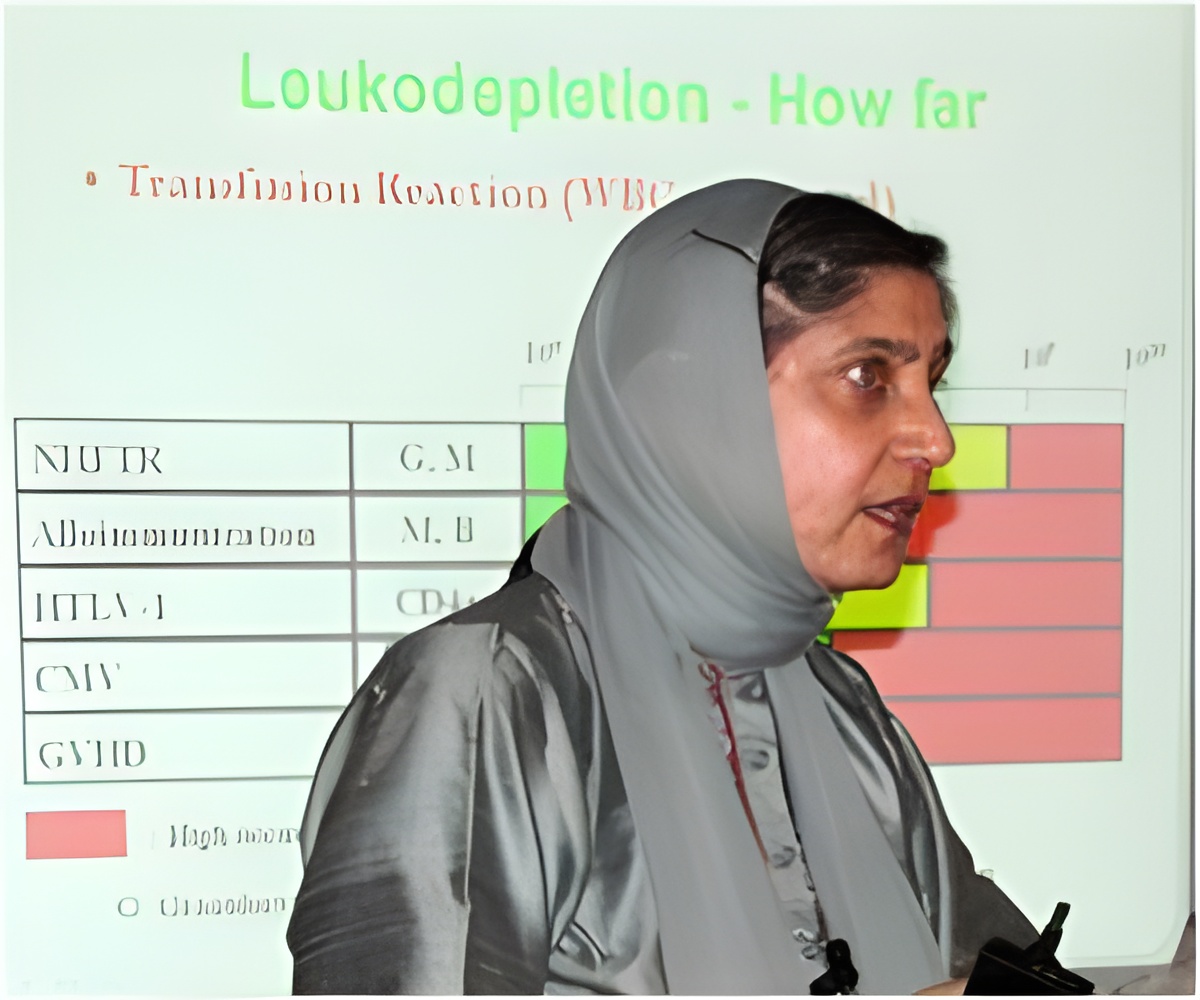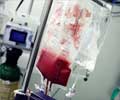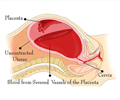Making blood transfusion safer in India was the focus of the symposium on Sunday that had experts from Transfusion Medicine speaking on the event organized by Jeevan Blood Bank, Chennai, India.

Presenting the case for the efficacy of 4th generation Elisa Test in developing countries like India that is only short of the high cost nucleic acid test NAT, Dr. Neelam said it was important to ask the donor about recent fevers, GI infections etc to further rule out possible collection of infected blood samples.
Commending the industry’s role in effecting safe blood transfusion, Dr. Neelam mentioned the blood bag with diversion pouch which was simple, inexpensive, yet an effective way in which contaminants stay behind in the pouch without entering the blood bag. Discussing Blood Component Preparation and Special Screening, Dr. Neelam suggested that though Apheresis platelet concentrate is costly, it should be a doctor’s first choice if the patient can afford it.
Dr. Neelam also dispelled the myth that fresh whole blood transfused within 24 hours is the safest blood for transfusion and said Transfusion Medicine is not given enough importance in medical education in India. More education on Appropriate Clinical Use and Safe Bedside Transfusion Practice would reduce the friction between clinicians and blood bankers and ensure safe blood transfusion to the patient.
Discussing hemovigilance and the need for a comprehensive quality control system in the entire transfusion process, Dr. Neelam said it was about time the outdated term blood banking was changed to something more comprehensive to meet the rising challenges in the fast evolving field of Transfusion Medicine.
Dr. Saranya Narayan, Medical Director, Jeevan Blood Bank, Chennai spoke on Making Blood Safer –The Indian Context, tracing the incidence of TTI trend from 1995 to 2010 with statistics from Jeevan Blood Bank. Discussing the current scenario, Dr. Saranya said, in 2009 majority of hospital donors were NOT from truly voluntary blood donors and elaborated on the huge risks posed by directed blood donation.The talk addressed concerns on transport of collected blood such as timing, temperature maintained and the need for additional trips when required. Dr. Saranya argued the case for the cost effective fourth generation Elisa test’s efficacy vis-à-vis NAT and said that until a centralized screening happened in India, fourth generation Elisa test should do fine in the Indian context. Dr. Saranya stressed on stringent screening of donors, the need for more interaction between clinicians and the blood bank, discouraged fresh warm whole blood single unit transfusion and asked medical professionals to avoid transfusion wherever it was unnecessary..
The next paper elaborated on standard operating procedures and touched upon safety procedures in blood transfusion. The paper on Impact of Accreditation on Safe Transfusion was presented by Dr. Neelam Marwaha. The PowerPoint discussed Quality Management System (QMS) at every step in the transfusion chain and the relevance of clear-cut Standard Operating Procedures (SOPs) to maintain quality in testing blood.
Summing up the day’s proceedings and thanking the speakers and audience, Dr. Srinivasan, Chairman, Jeevan Blood Bank said careful documentation and sharing of observations, constant training and upgrading for all involved in blood transfusion was imperative to step up safety measures in the field. Likewise, when blood transfusion specialists meet, share and discuss newer trends in the field of Transfusion Medicine as often as possible, there is a maximum guarantee that safer blood transfusion is possible in India.
Source-Medindia















